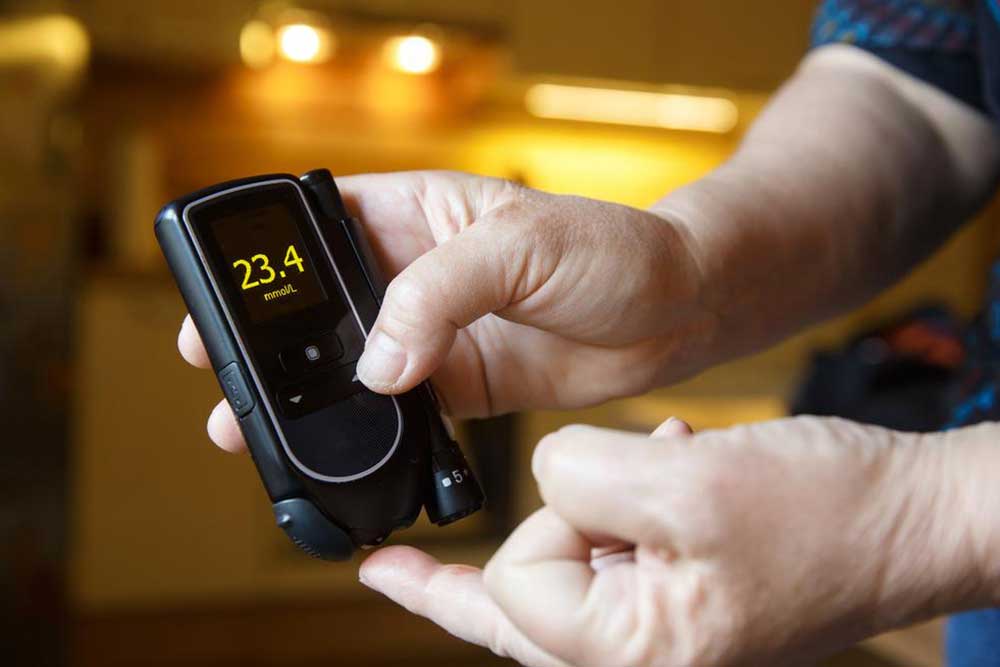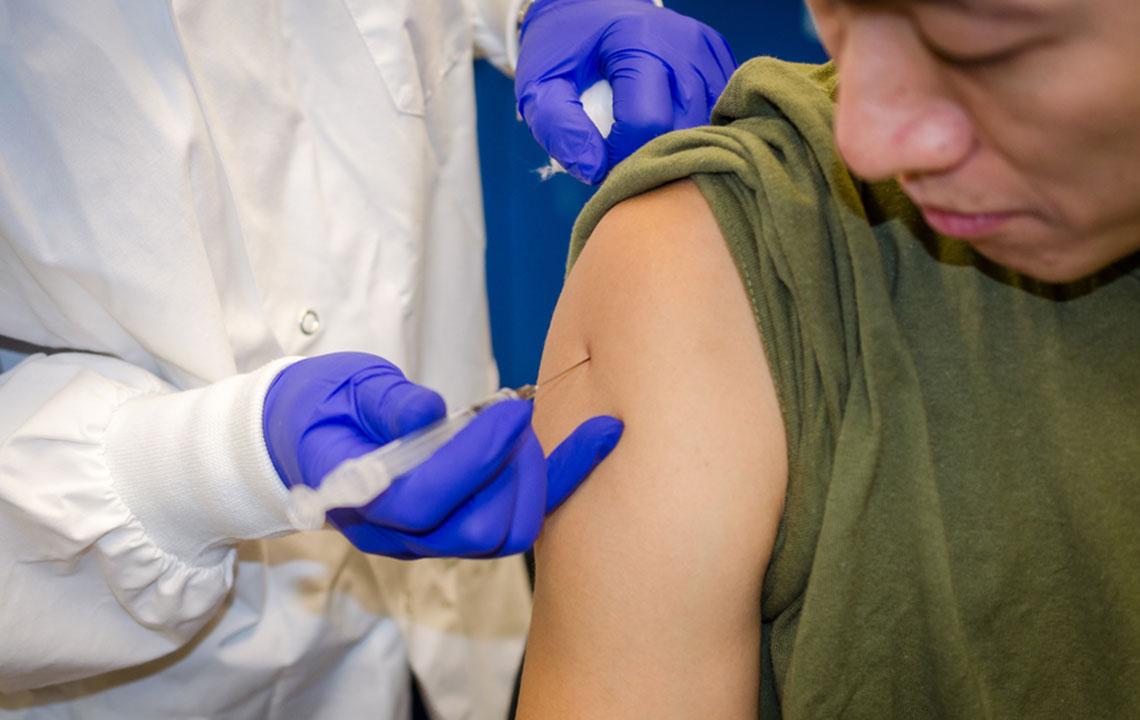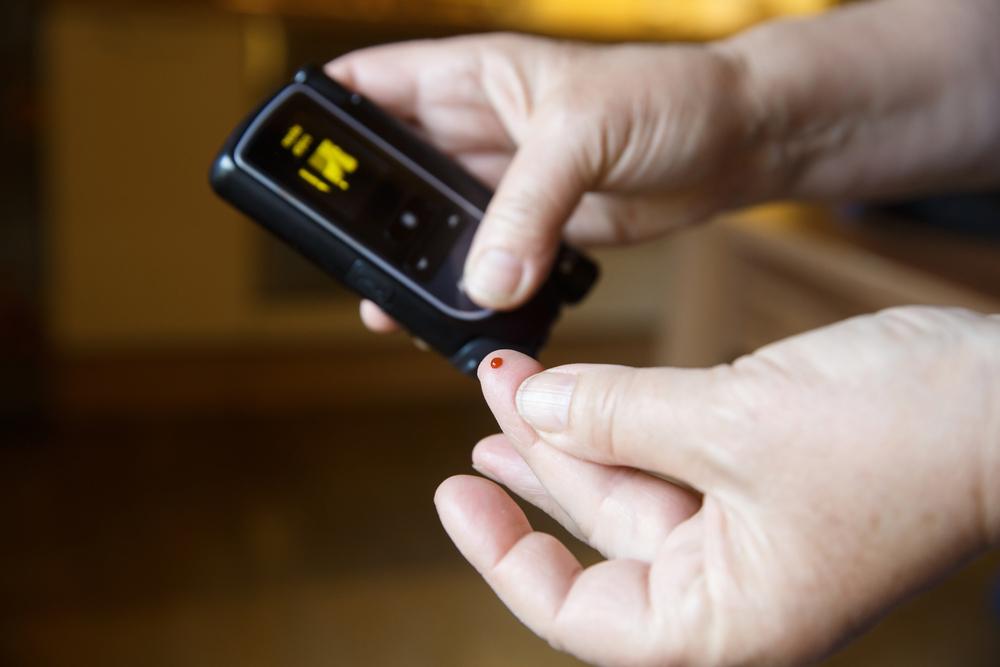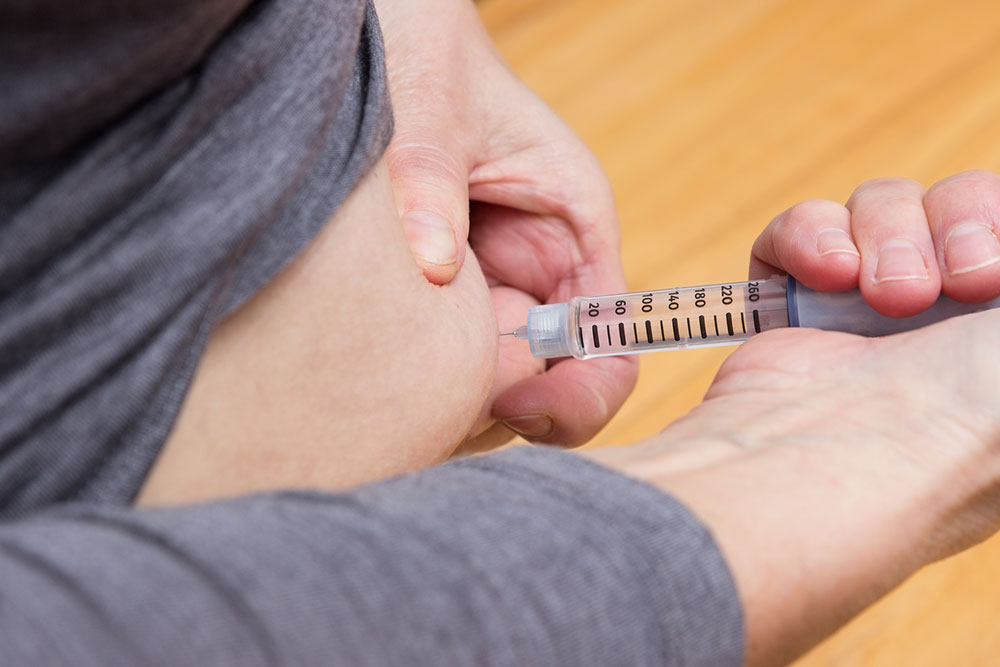Recognizing the Early Symptoms of Diabetes: A Guide for Everyone
This article provides an overview of early signs and symptoms of diabetes, including its types and prevention tips. Recognizing these symptoms early can lead to timely diagnosis and management, reducing health complications. Learn how lifestyle and medical interventions can help control this chronic condition and lead a healthier life.
Sponsored

Diabetes mellitus, commonly known as diabetes, is a metabolic disorder characterized by elevated blood sugar levels over time. It occurs when the body struggles to produce enough insulin or becomes resistant to its effects. Insulin, produced by the pancreas, is essential for processing sugars and fats from food. When insulin production is impaired or the body's cells do not respond properly, blood sugar rises, leading to diabetes. Millions worldwide are affected, many unknowingly.
Types of Diabetes:
Type 1 Diabetes: An autoimmune condition where the immune system destroys insulin-producing cells in the pancreas, resulting in little or no insulin.
Type 2 Diabetes: Develops when the body becomes resistant to insulin or doesn't produce enough, often linked to lifestyle factors.
Gestational Diabetes: Occurs during pregnancy, causing high blood sugar levels that typically resolve after childbirth.
Recognizing the early signs can save lives. Symptoms like constant hunger, fatigue, frequent urination, dry mouth, itchy skin, and blurred vision are common to both types. Specific symptoms include sudden weight loss and vomiting in type 1, while persistent infections and numbness are signs of type 2. If you experience these symptoms, consult a doctor promptly for testing and diagnosis.
Prevention and Management: Since diabetes is a lifelong condition, prevention focuses on a healthy diet, regular exercise, and avoiding excess sugar. Managing blood sugar involves medication, lifestyle changes, and monitoring. Insulin therapy may be necessary for type 1, while type 2 can often be controlled with medications and lifestyle modifications. Gestational diabetes usually resolves post-delivery.
Stay vigilant about your health—early detection and lifestyle adjustments can help control diabetes effectively. Take charge today for a healthier future!






